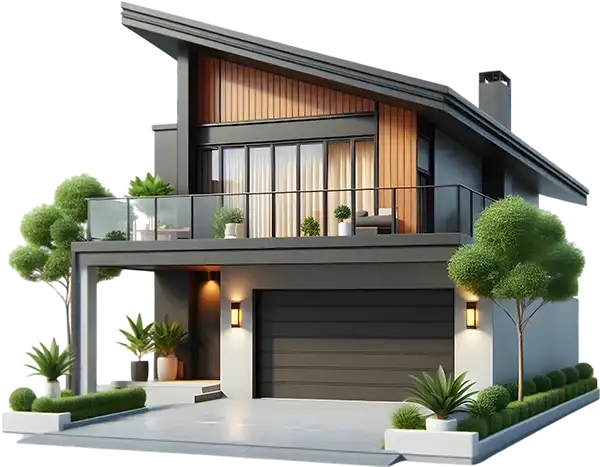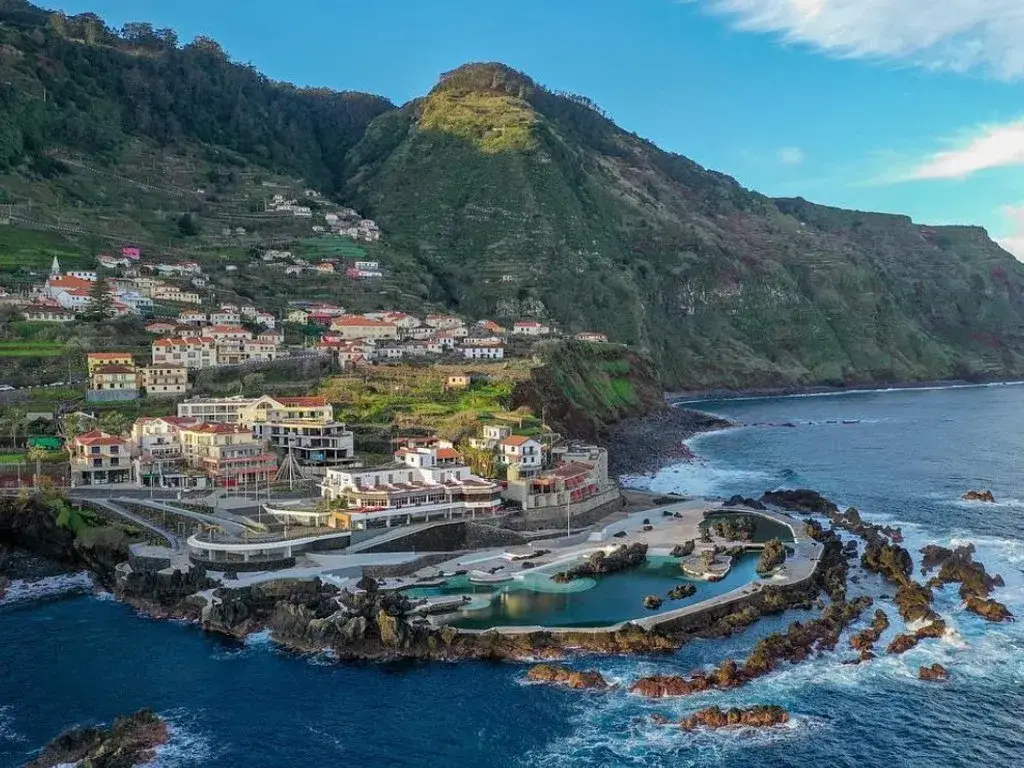
Looking for the perfect home or a profitable investment? Portugal offers high quality properties with a rich history
Read more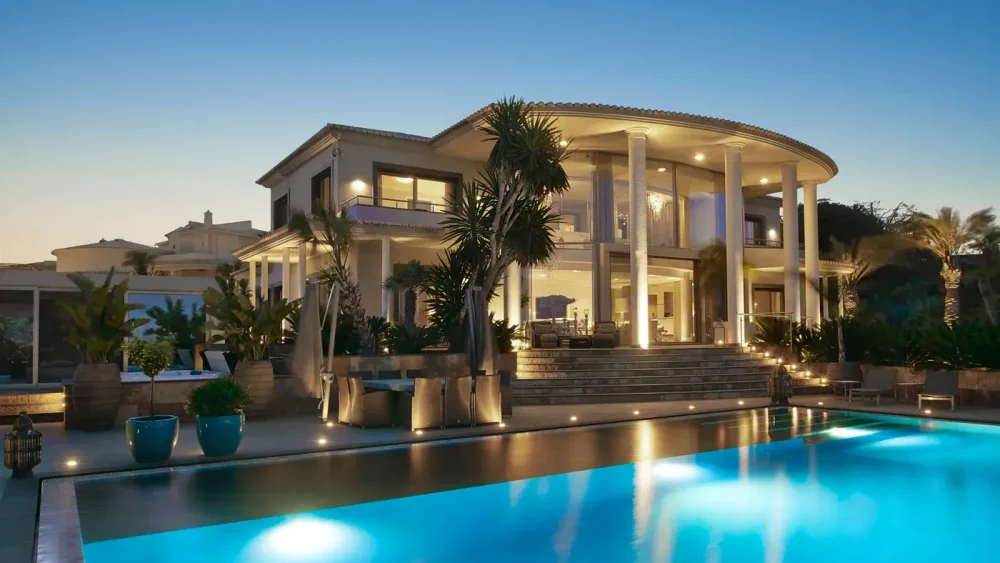
In the asset market, luxury has taken its own niche, both literally and figuratively. The reflection of prestige, capital power, and taste is concentrated in properties that do not shout about their price, but demonstrate their value through thoughtfulness, privacy, and uniqueness. The answer to the question of what luxury real estate is lies not …
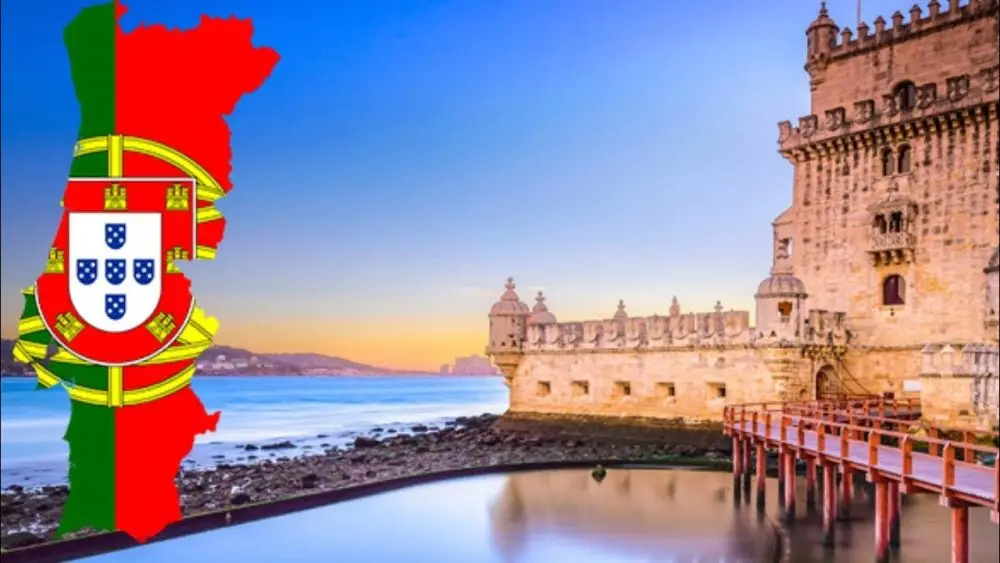
Immigration requires not only a desire, but also an understanding of the legal situation. It is at this stage that the key differences between a residence permit and permanent residence are revealed. A mistake at the start leads to limitations, lengthy procedures, and difficult integration. Therefore, choosing the right status affects the comfort, stability and …
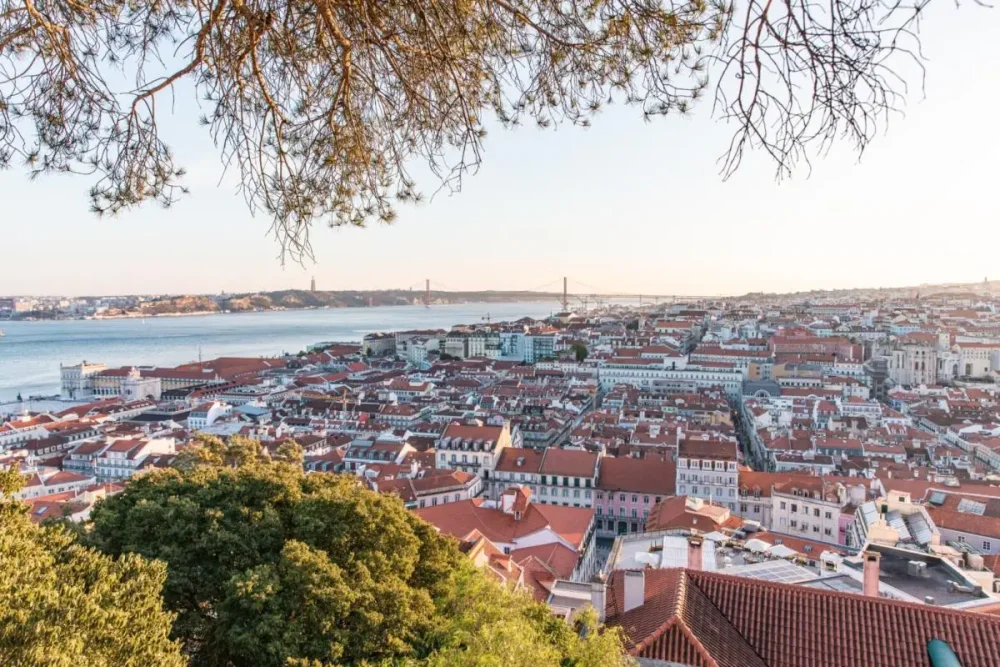
Investing in overseas commercial property offers a wide range of opportunities for capital growth, asset diversification and stable income. With globalisation and the expansion of international markets, the format of properties in countries like Portugal continues to attract the attention of investors from around the world. Understanding the key advantages of such investments helps to …
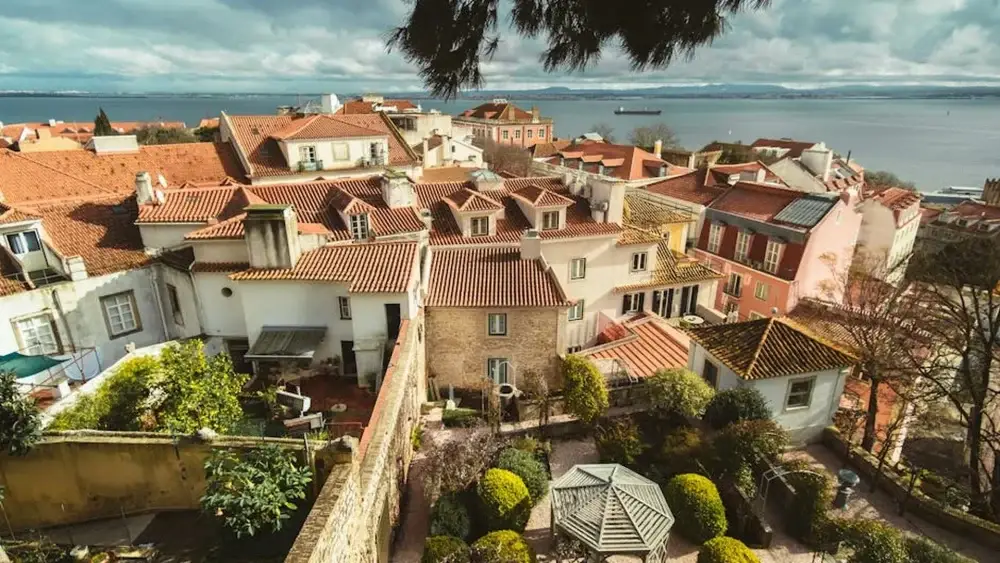
Portugal offers not only a mild climate, high quality of life and a sustainable economy, but also affordable opportunities in the property market. Outside the tourist highways and metropolitan areas remain regions with low prices, high liquidity and growth potential. Cheap cities in Portugal for buying a home allow you to build a balanced investment …
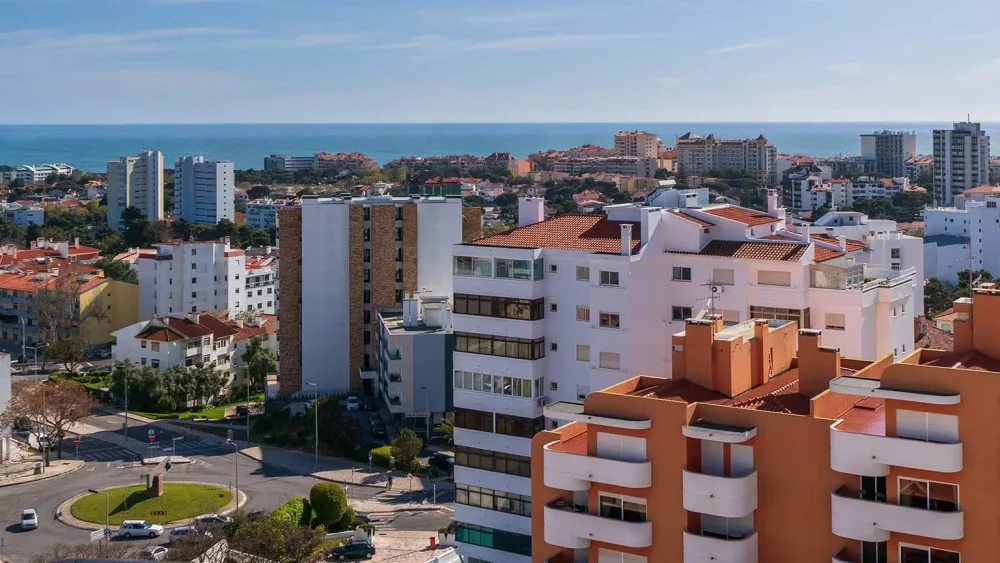
Mortgage in Portugal for foreigners confidently retains the status of a sought-after instrument for purchasing residential or investment property in the European Union. The country offers not only a sunny climate and a stable economy, but also loyal financial mechanisms for non-residents. Portuguese banks willingly lend to international buyers, forming conditions that combine predictability, a …
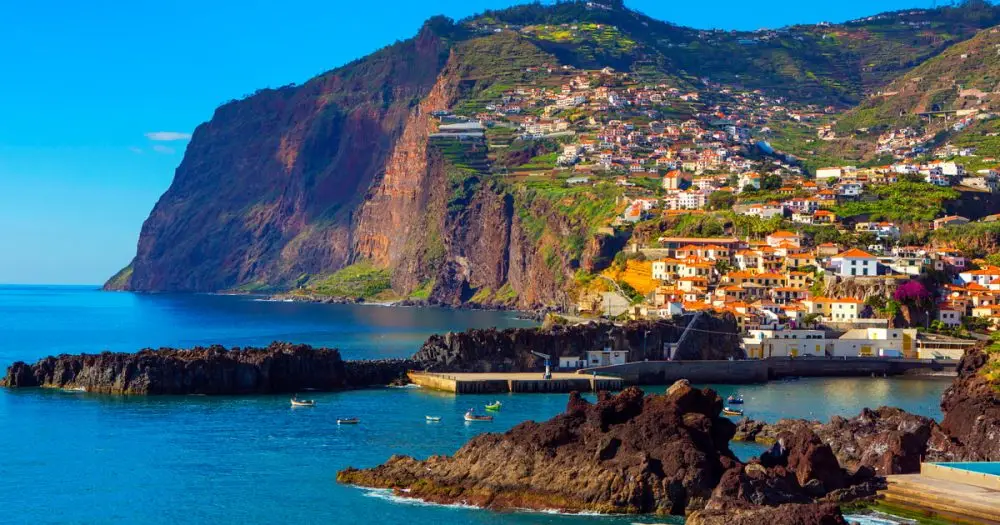
“Flowering Island” of Portugal represents an ideal place to live and holiday, thanks to its comfortable climate, low taxation and high quality of services. Many foreign nationals from all over the world are considering moving to Madeira in order to obtain permanent residence (Permanent Residence) or residence permit, benefit from all the advantages of residence, …
Building design: A challenging path that requires careful analysis of all aspects of creating new structures
Designing a comfortable and stylish interior for your home that will not only be visually pleasing
Ideal examples of office spaces for small teams, creating a comfortable and atmospheric environment
Affordable property values for stable investments and growth in your returns
Discover property in Portugal, where elegance meets comfort, and where the mild climate and beautiful scenery create the ideal conditions for living and relaxing. Here every house is a combination of modern design and traditional Portuguese style, and every street is filled with an atmosphere of cosiness and tranquillity. Portugal is your ideal choice for investment and comfortable living
